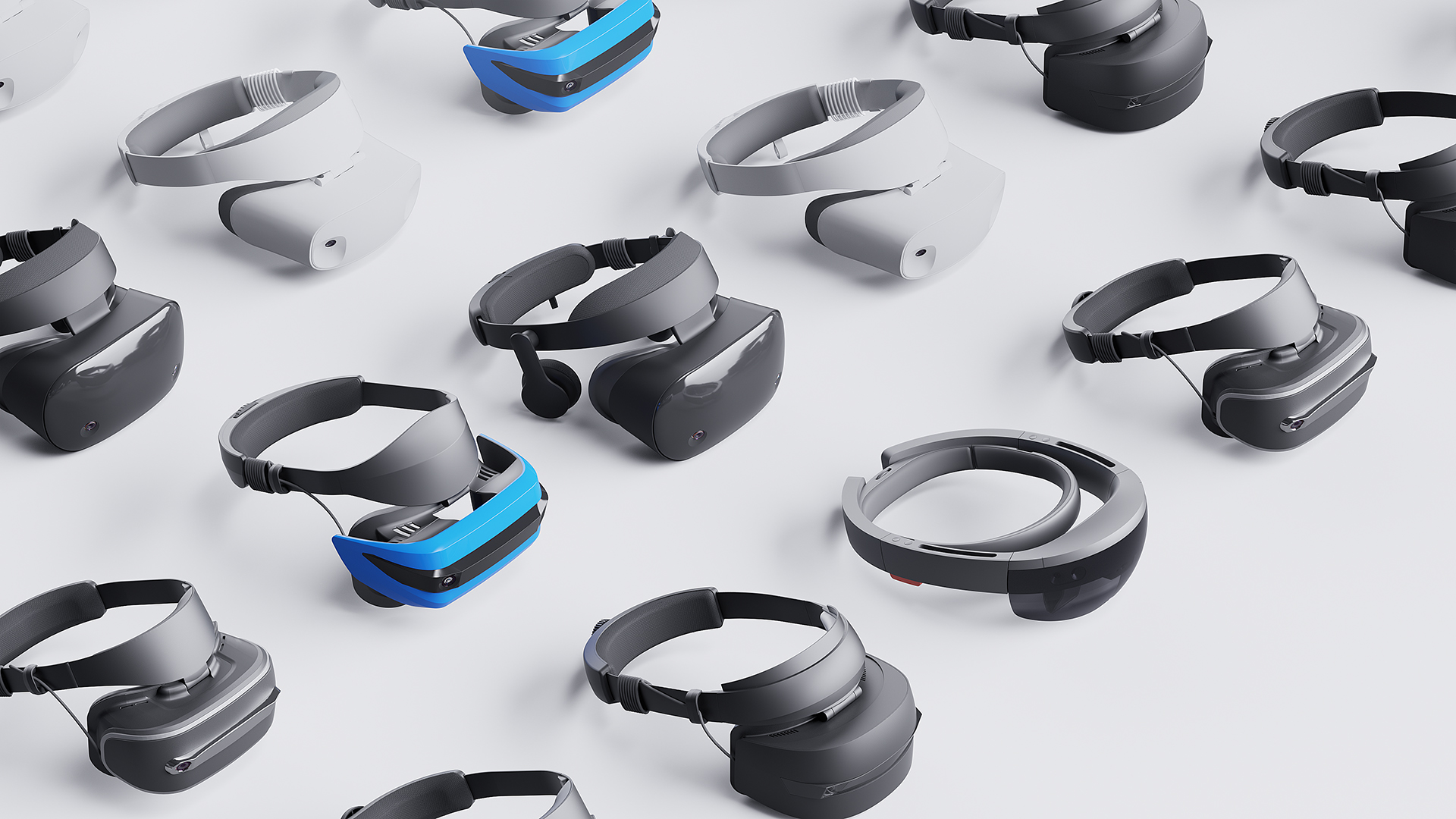Google Chrome will finally support Windows Mixed Reality
Chrome loves Microsoft

It looks like Google Chrome will soon natively support Windows Mixed Reality headsets, allowing people who use Chromium-based browsers (the engine Chrome runs on) to view virtual reality content via the headsets.
While Chrome already supports WebVR, which is the standard used to display virtual reality content on a website, until now it hasn’t officially supported Windows Mixed Reality headsets – such as the Dell Visor, Samsung Odyssey and Acer Windows Mixed Reality HMD.
However, according to several Chromium commit posts, which list changes to the code used by Chrome, Windows Mixed Reality devices will now be natively supported. This should lead to better compatibility (and better VR experiences) for users of those headsets.
A closer partnership
Because Chrome is the most popular web browser on the planet – Netmarket share currently suggests it’s used by 64.5% of people on the internet – and Windows Mixed Reality devices are rather niche products, Chome’s embrace of Windows Mixed Reality is a bigger win for Windows Mixed Reality, rather than the other way around.
It’s also interesting in the context of the recent news that Microsoft will be using Chromium to power its Edge web browser, effectively making it a spin-off of Chrome. We’re likely to see more support for Microsoft technology in Chromium because of this.
After all, it would be rather embarrassing if Microsoft’s latest version of Edge did not support Windows Mixed Reality.
- The best VR headset 2019: which headset offers the most immersion?
Via Windows Latest
Get daily insight, inspiration and deals in your inbox
Sign up for breaking news, reviews, opinion, top tech deals, and more.

Matt is TechRadar's Managing Editor for Core Tech, looking after computing and mobile technology. Having written for a number of publications such as PC Plus, PC Format, T3 and Linux Format, there's no aspect of technology that Matt isn't passionate about, especially computing and PC gaming. He’s personally reviewed and used most of the laptops in our best laptops guide - and since joining TechRadar in 2014, he's reviewed over 250 laptops and computing accessories personally.